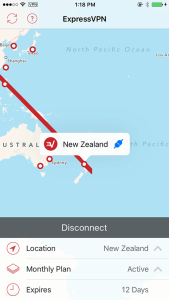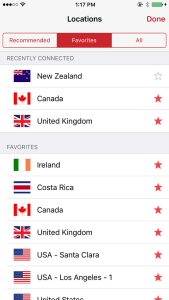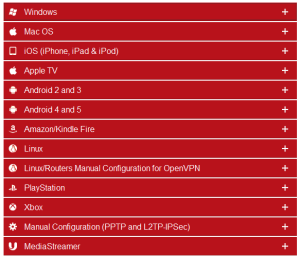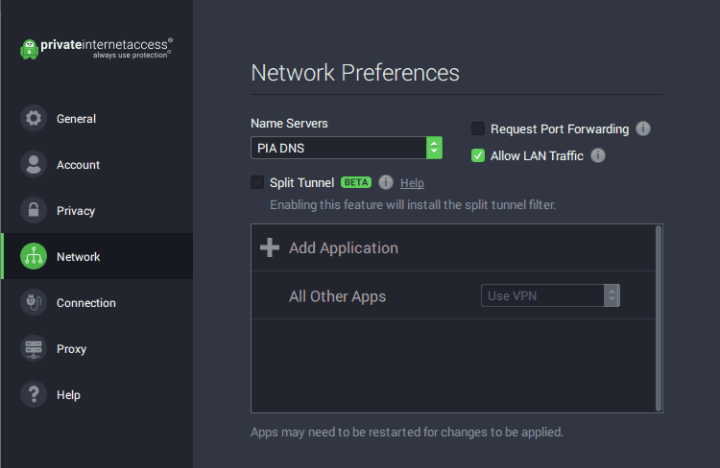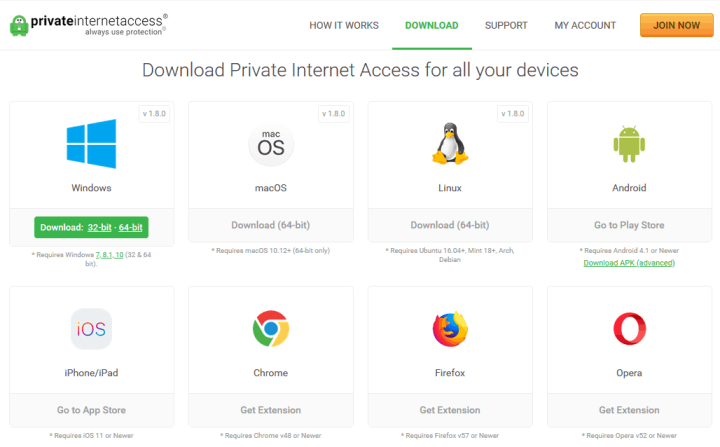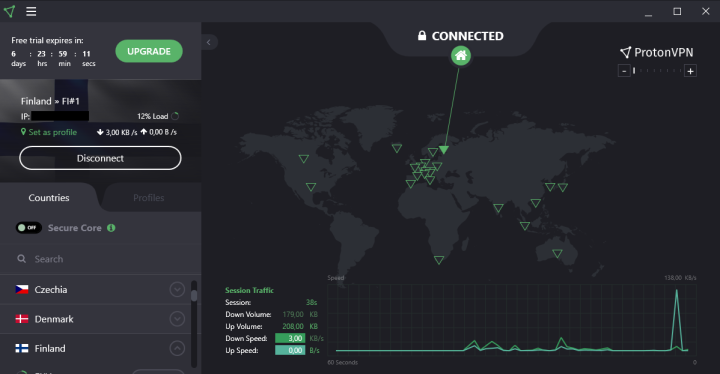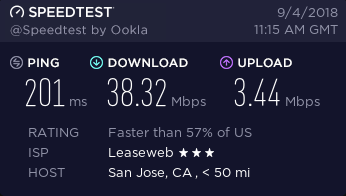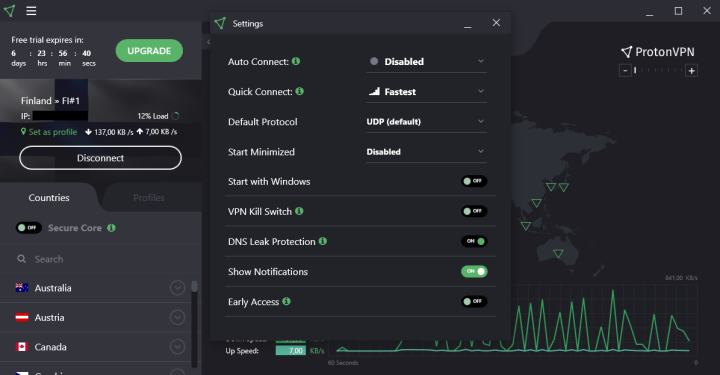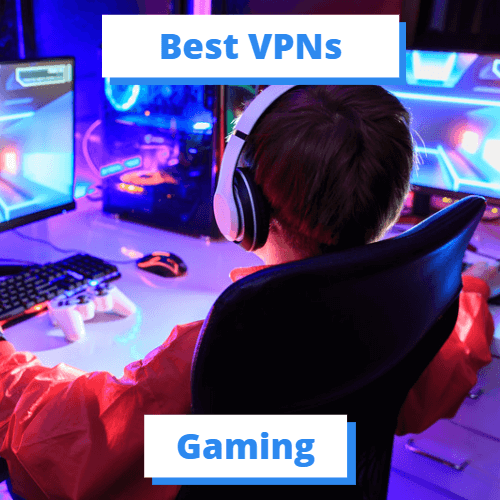 Tennis for Two was introduced in 1958 and is widely considered the world’s first video game. Since then, an entire industry has emerged. Today, most games are bought through distribution services like Steam, Epic Games, or Good Old Games, not to mention their console-specific variants. In order to play through these distributors, gamers require a constant online connection. Therefore, extra attention must be paid to cyberthreats to maintain online security.
Tennis for Two was introduced in 1958 and is widely considered the world’s first video game. Since then, an entire industry has emerged. Today, most games are bought through distribution services like Steam, Epic Games, or Good Old Games, not to mention their console-specific variants. In order to play through these distributors, gamers require a constant online connection. Therefore, extra attention must be paid to cyberthreats to maintain online security.
In addition to improving privacy, VPNs are generally considered the best solution for circumventing severe network regulations, such as geo-restrictions or bandwidth throttling by internet service providers (ISPs).
Luckily, there are numerous VPN services on the market. That said, these companies offer relatively similar features, so choosing one can prove challenging. Due to this, you must base your purchase on your needs, like if you’re seeking access to foreign servers or regularly using public Wi-Fi.
Why Is a VPN Good for Gaming?
Internet security is crucial and everything you do online must be protected. Unfortunately, hackers are everywhere, and they can find you through online gaming as well. They’re usually players who react aggressively to losing and overload a player’s IP server with requests to slow it down. These are called denial of service (DoS) attacks; they send your server’s latency (also known as ‘ping’) to the sky. However, a reliable VPN protects you from cyberattacks like these.

Nevertheless, DoS attacks are just one side of the coin, as your latency can be disturbed in multiple ways. For example, you may experience serious issues in gaming when your ISP limits your bandwidth to regulate traffic. A VPN offers protection against this as well, letting you prevent ISP throttling, which reduces your ping.
While playing a few rounds in your favorite video game is best done at home, you may sometimes access it through public Wi-Fi. However, schools, universities, and workplaces usually block gaming on their network.
A VPN circumvents this issue in no time by allowing you to connect to an encrypted server, changing your IP address and letting you get back to the game. Plus, in general, using public Wi-Fi is much more secure with a VPN.
Recommended VPN Services for Gaming
ExpressVPN
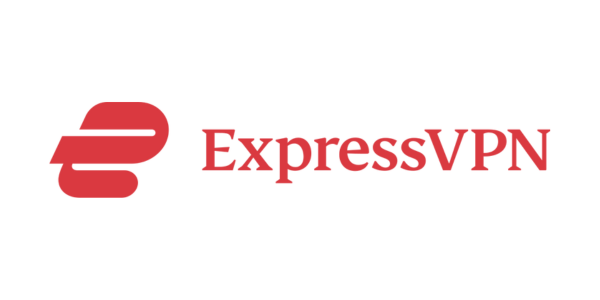 ExpressVPN is highly popular, and for good reason. It offers speedy and reliable servers in 94 countries and instantly connects you to the fastest one. Furthermore, the service protects your data with AES 256-bit encryption and Private DNS, and blocks malicious sites and apps.
ExpressVPN is highly popular, and for good reason. It offers speedy and reliable servers in 94 countries and instantly connects you to the fastest one. Furthermore, the service protects your data with AES 256-bit encryption and Private DNS, and blocks malicious sites and apps.
It also provides unlimited bandwidth and bypasses ISP throttling, lowering ping and improving game quality. Like most advanced VPNs, ExpressVPN allows you to access unavailable streaming and gaming services.
The best part is that ExpressVPN supports a wide variety of devices, including gaming consoles. The VPN can run on five of these devices simultaneously, and it’s possible to cover even more by setting it up on your router. All this for affordable prices and a 30-day money-back guarantee.
Private Internet Access
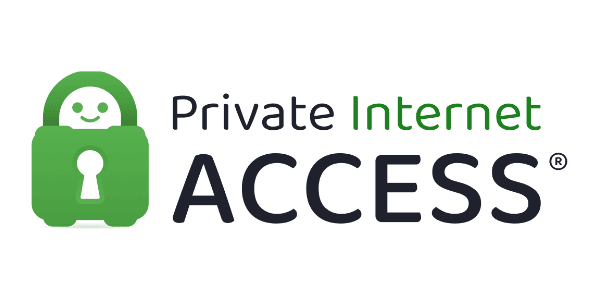 Open-source software is the best friend of privacy-minded people, as it’s secure and lets them check if everything’s running well. When a VPN is open source, its encryption keys are stronger and everyone can see if something’s not right.
Open-source software is the best friend of privacy-minded people, as it’s secure and lets them check if everything’s running well. When a VPN is open source, its encryption keys are stronger and everyone can see if something’s not right.
Introducing Private Internet Access (PIA): this VPN provides unlimited bandwidth and 10Gb/s server connections, letting you fight against the ISP’s throttling attempts. While not present in as many countries as ExpressVPN, the existing servers supply a strong connection with robust encryption protocols.
Furthermore, the VPN offers the latest WireGuard for maximum speed, which is needed since the base protocol OpenVPN has its hiccups. PIA’s strict no-logs policy provides extra security, as not even the company itself sees what you’re doing on its servers.
But its most outstanding feature is the dedicated IP address, letting you whitelist Internet of Things devices like security cameras in your household. Remarkably, PIA is one of the cheapest VPNs on the market, and it comes with a 30-day money-back guarantee and regular offers.
Proton VPN
 Free VPNs are often discredited for their heavy reliance on adverts and reputation for selling users’ data. But Proton VPN’s free forever plan is anything but untrustworthy. For one, it provides reliable security, has no advertisements, and follows a no-logs policy.
Free VPNs are often discredited for their heavy reliance on adverts and reputation for selling users’ data. But Proton VPN’s free forever plan is anything but untrustworthy. For one, it provides reliable security, has no advertisements, and follows a no-logs policy.
Despite this being an attractive option, you’ll only truly unlock the full potential of Proton VPN when you upgrade to a paid plan. For example, you’ll gain access to secure servers in over 60 countries, protected by the built-in NetShield anti-malware and ad blocker.
Furthermore, Proton VPN lets you route traffic through the Tor network with certain servers, allowing you to hide your activities even more. In traditional Swiss style, your privacy is everything for the company, and it’s protected by the most up-to-date WireGuard protocol, DNS leak prevention tool, and a kill switch. Finally, Proton VPN’s unique VPN accelerator cranks all that speed up to 11.
Free vs Paid Gaming VPN Services
Many companies provide free VPNs, but their functions are often limited. For instance, some only offer a few local servers that can easily overload, causing frequent crashes.
You may also experience severe DNS leaks that reveal your actual location and pose a significant threat to your privacy. Worst of all, some free VPNs cover their expenses by filling their apps with ads or selling users’ data to third parties.
Alternatively, paid VPN services don’t have to rely on such methods. In addition to being entirely ad-free, they’re also more secure and many can be used to conduct DNS leak tests as well – which happens far less frequently anyway. Furthermore, even the cheapest solutions offer a reasonable number of servers.

They use the latest protocols to boost server speeds and strengthen encryption, ensuring your privacy. To top it all off, they typically allow you to try out the service for yourself through generous money-back guarantees and free trials.
Errors and Bans With VPN Usage
At this point, it’s easy to believe that using a VPN is an excellent way to buy games at reduced prices or take advantage of coupons available in a specific country.
While it’s technically possible and not considered illegal, buying games through a VPN is best avoided since you risk breaking the terms of service of either the distributor or the game’s developer and publisher.

This will almost always result in an account ban and the loss of your entire game library since the distributor may consider this as taking advantage of the system’s loopholes. Steam has a notoriously strict policy in this regard, but other providers don’t shy away from such serious punishments either.
Fortunately, it’s unlikely to be in danger of getting banned when using a VPN to play free online games. This can include popular titles like Fortnite and MMORPGs, alongside other games that are unavailable in your country. Still, using a reliable VPN that has no DNS leaks is crucial for whatever you play. This is because the more hidden your activities are, the less likely it is that you’re kicked off a game that’s otherwise unavailable.
Best VPN Guides for Games and Gaming Platforms
- Best VPNs for Apex Legends
- Best VPNs for CS:GO
- Best VPNs for FFXIV
- Best VPNs for Fortnite
- Best VPNs for GeForce Now
- Best VPNs for League of Legends
- Best VPNs for Online Gambling
- Best VPNs for PlayStation Now
- Best VPNs for Poker
- Best VPNs for PUBG
- Best VPNs for PUBG Lite
- Best VPNs for Steam
- Best VPNs for World of Warcraft
Best VPN Services of 2024
| Rank | Provider | Info | Visit |
1
|
Editor's Choice 2024

|
|
|
2
|
|
||
|
3
|
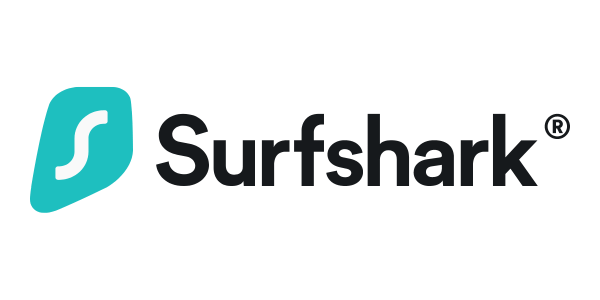
|
|
Get the Best VPN Deals
Want to stay up to date on the latest VPN news and discounts? Get exclusive offers and deals sent straight to your inbox!
